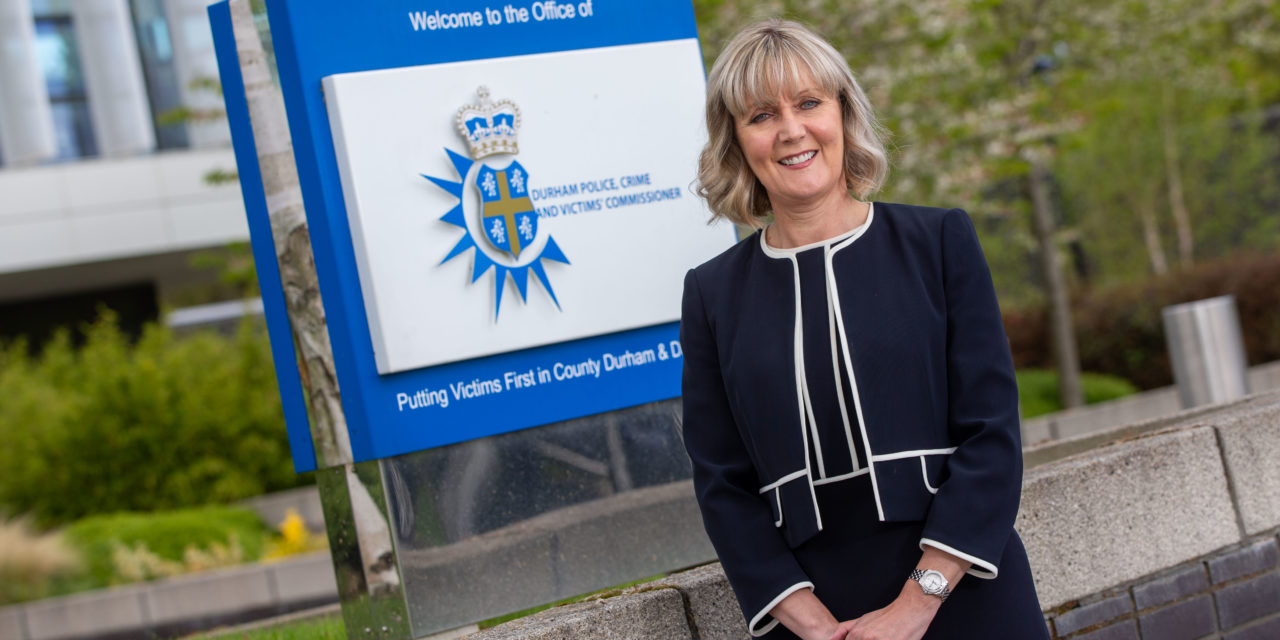Every day, hard-working residents across the UK face the distress of anti-social behaviour (ASB). Unfortunately, ASB is often seen as a minor crime, downplaying its significant impact on individuals and communities. If it’s not addressed it can cause mental distress, anxiety, disrupted sleep, relationship breakdowns, and feelings of powerlessness.
That’s why I am committed to a zero-tolerance approach to ASB. Community intelligence is really important as it helps the police and partner agencies understand ASB patterns and trends as well as identifying those responsible. Therefore, it’s crucial that residents feel confident to report incidents of ASB to the appropriate agencies.
Residents have shared with me their concerns and frustrations about the existing 101 non emergency number, so I have been working closely with the force to make reporting crime and anti-social behaviour quicker, easier and more convenient.
The person answering a 101 or 999 call is usually the first contact the public have with the Police and the response they give to calls for assistance has a significant impact on the public’s trust and confidence in the Police. So it’s absolutely critical we get this right. Over the last year we have invested in technology and increased staffing which, I am pleased to say, is starting to pay dividends.
As a result of these changes crime and incident related calls are now filtered through the force switchboard (where staffing has increased from 3 to 11). On calling 101, an automated voice message now provides the option to report a crime or incident. This has filtered around 50 per cent of non incident related calls away from 999/101 call handlers.
101 abandonment rates have fallen from an average of 22 per cent to 9.5 per cent.
101 call answering times have reduced from over two minutes to around 40 seconds.
999 calls have halved this year from an average of 15 seconds to 6 seconds.
From next year, more than £1.5m will be invested over five years in a new, state-of-the-art cloud-based telephony platform in addition to the expansion of Single Online Home at a cost of £95k. Durham is one of the last forces to benefit from the roll out of this national system which will allow the public to report crimes and incidents online and even upload CCTV evidence without speaking to an operator.
Residents have also told me they often don’t know who to report ASB to – housing, police, council or fire. To address this, together with partners, we have made reporting ASB more accessible and streamlined and there is now a dedicated section on the Durham Police and Crime Commissioner’s website that helps explains where and who to report to and the steps they can take if they are dissatisfied with the handling of their complaint.
By encouraging reporting, adopting an intelligence-led and data-driven approach, and prioritising victim engagement, we can create safer, stronger and more resilient communities. Together, we can build a comprehensive understanding of ASB, identify patterns and trends, and hold perpetrators to account. It’s important that together we ensure that no-one suffers in silence and minimise the impact of ASB on individuals’ lives.
Joy Allen Durham Police and Crime Commissioner










